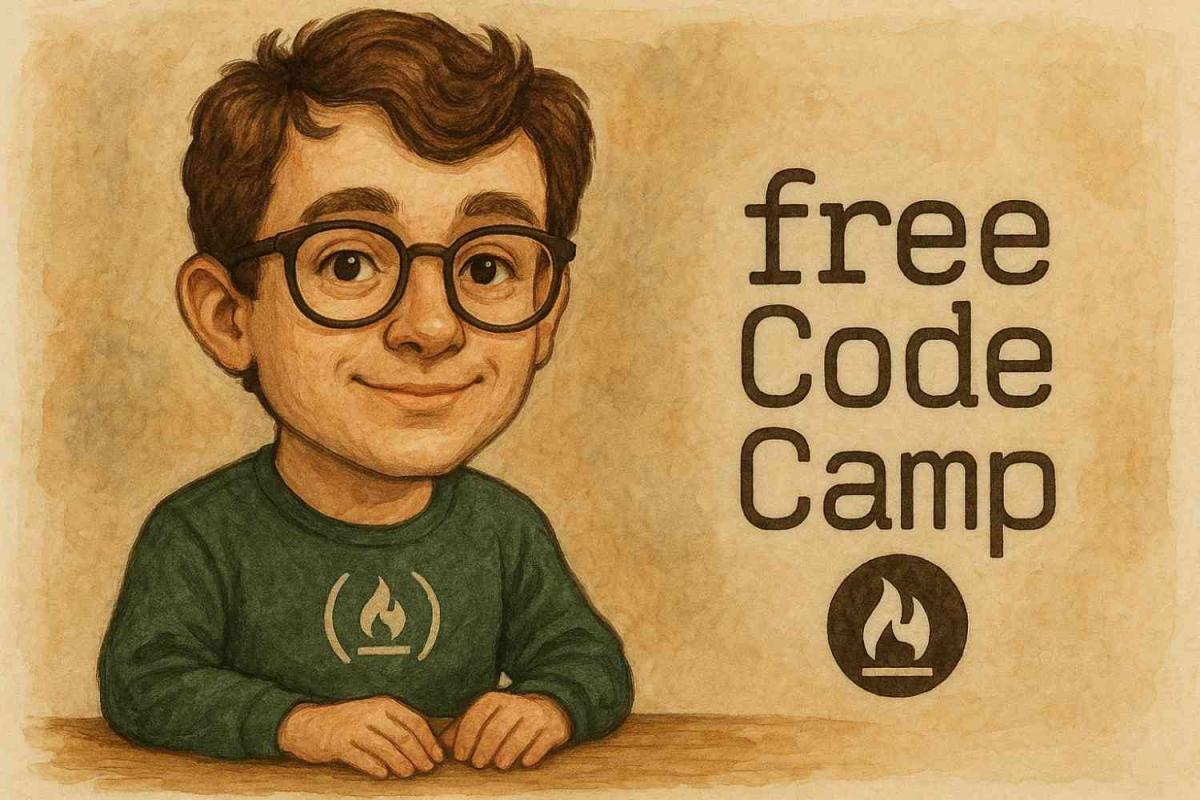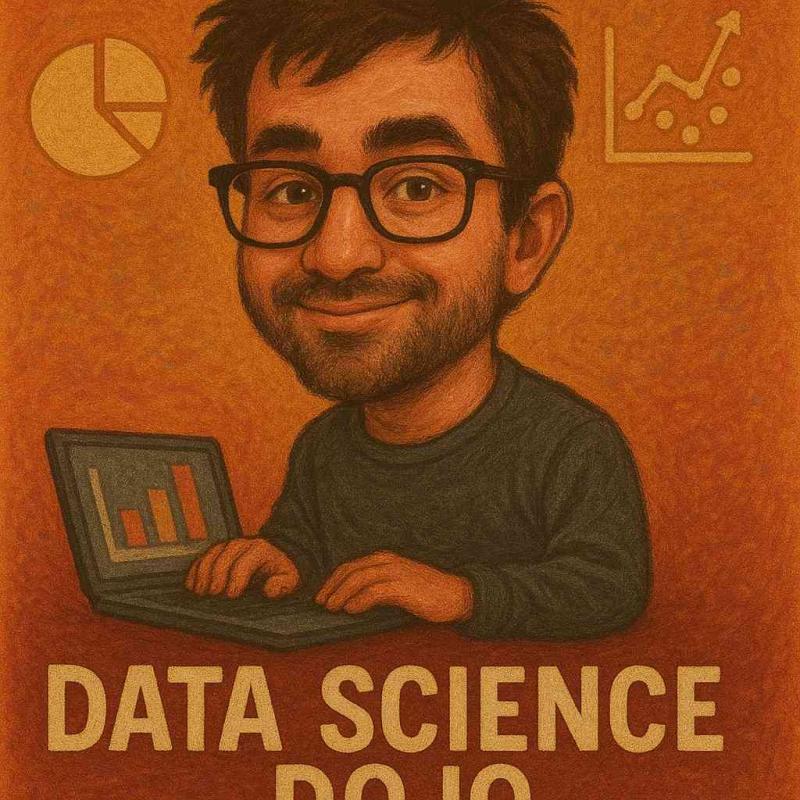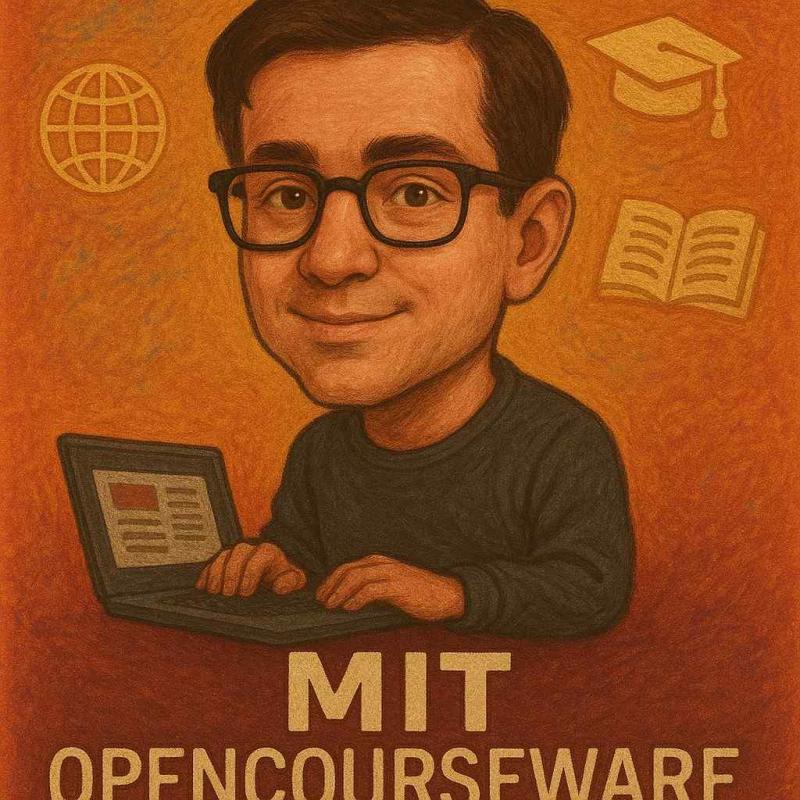FreeCodeCamp: Full-Length Tutorials That Actually Make Python, Data Science, and Machine Learning Make Sense (Finally)
Let’s be real for a second. The internet is an overwhelming buffet of programming tutorials. Some are stale. Some are oddly spicy (but in the wrong way). And some? Well, they actually deliver a satisfying full-course meal of knowledge. FreeCodeCamp is firmly in that last category—assuming you don’t mind occasionally eating dessert first.
I’ve used FreeCodeCamp on and off for years. Sometimes as a refresher. Sometimes as a panic move at 2 a.m. when I forgot how to write a for loop in Python (don’t judge). And if you’re even remotely interested in not paying $199 for a course that teaches “Hello World” over six modules, keep reading.
What the Heck Is FreeCodeCamp?
For the uninitiated (and bless your curious heart), FreeCodeCamp is a non-profit organization that offers free, full-length tutorials on programming, data science, machine learning, and software engineering.
Yep. Free. As in, $0. No credit card “free trial” traps. Just actual, useful, generous learning content.
It’s like the YouTube channel that actually teaches you things, instead of hypnotizing you with time-lapses and techno music. Though let’s be honest—sometimes we all need that, too.
Why It Works (IMO)
Let me lay it out: FreeCodeCamp works because it respects your time and doesn’t treat you like a robot (even though you're learning to talk to them, sort of).
Some key reasons I keep coming back:
-
Full-length tutorials: I’m talking hours of in-depth walkthroughs. Not 5-minute “here’s how to import pandas” fluff.
-
Real projects: You don’t just learn the theory—you build stuff. Websites. APIs. Even ML models that look like they could pass an undergrad exam.
-
Beginner-friendly, but not condescending: That sweet spot where you’re not lost, but also not bored to tears.
-
Consistently updated: Content doesn’t feel like it was written during the Jurassic period of Python 2.7.
Oh, and did I mention it’s free? Right. Carry on.
The Python Zone: Friendly but Fierce
Python is the gateway drug of programming. It’s clean, readable, and kind of adorable in a weird, snake-y way.
FreeCodeCamp’s Python tutorials are chef’s kiss.
They start with the basics—variables, loops, conditionals—but before you know it, you're writing:
-
Web scrapers
-
GUIs using Tkinter (not the prettiest, but functional AF)
-
Automation scripts that make your life eerily efficient
One of my personal favorites? A tutorial where you build a Twitter bot. Nothing says “I’m a real programmer” like automating questionable tweets at 3 a.m.
Data Science: Crunching Numbers Without Losing Your Sanity
Data science sounds sexy until you realize most of it is cleaning up messy Excel files and wrestling with Matplotlib legends. 😬
Thankfully, FreeCodeCamp makes it... well, almost fun. Their data science content covers:
-
NumPy and Pandas: The peanut butter and jelly of data science.
-
Data visualization: Matplotlib, Seaborn, and even Plotly if you’re feeling fancy.
-
Data cleaning tips: Honestly more useful than any textbook I had in college.
And yes, there’s real data. No more “pretend fruit sales” CSVs. You’ll analyze real trends, build dashboards, and maybe—just maybe—start understanding what all those LinkedIn data scientists are bragging about.
Machine Learning: It’s Not (All) Just Math
Machine learning is where many tutorials lose people. They dive face-first into calculus before you’ve even figured out what a “feature” is. Not here.
FreeCodeCamp’s machine learning tutorials actually explain things like:
-
Supervised vs unsupervised learning (with clear examples)
-
Linear regression that doesn’t melt your brain
-
Neural networks that don’t sound like they’re from a sci-fi movie
They even cover TensorFlow and Scikit-learn. With actual code. And explanations that make you go, “Ohhh, that’s what that does.” (Instead of just copy-pasting and praying.)
Software Engineering: For When You Want to Level Up (Or Just Sound Impressive on LinkedIn)
Let’s talk engineering. This is the grown-up stuff. FreeCodeCamp doesn’t just teach you how to write scripts—they teach you how to build real applications.
Topics covered include:
-
APIs and RESTful services: Because nothing screams “real dev” like making your own endpoints.
-
Version control (Git/GitHub): AKA how not to lose your code and your mind.
-
Testing: Unit tests. Integration tests. The kind of tests that make you feel mature and responsible.
-
Agile methodologies: Not just buzzwords. Actual explanations.
They also dive into career prep, like mock interviews and portfolio building. So yeah, it’s not just coding—it’s job-getting, too.
Aesthetics Matter Too, Right?
Listen, I know we’re not supposed to judge a website by its cover, but let’s be honest—FreeCodeCamp’s website is actually... pleasant.
-
Dark mode? Check.
-
Organized playlists? Yup.
-
Comments section that isn’t a raging dumpster fire? Miraculously, yes.
The YouTube channel? Equally polished. Videos are long-form, well-structured, and don’t waste your time with overproduced intros or “Hey guys, smash that like button!” energy (thankfully).
What’s the Catch?
Ah, the classic question.
There isn’t one. Seriously.
No upsells. No hidden memberships. No “pay to unlock the good stuff” nonsense. The founders built FreeCodeCamp to make tech education truly accessible—and somehow, they’ve stuck to that promise.
That said, if you do want to support them, they accept donations. And IMO, that’s pretty fair.
Final Thoughts (a.k.a. Why You Should Bookmark It Right Now)
If you’re learning Python, diving into data science, tinkering with ML models, or aiming for a solid software engineering foundation—FreeCodeCamp is gold. Or at least really shiny bronze. Point is, it’s legit.
It's helped me:
-
Write cleaner code
-
Land freelance gigs
-
Understand machine learning well enough to explain it to my mom (success rate: 60%)
And hey, in a world full of overpriced courses and guru grifts, something actually free and actually good feels kind of magical.
So yeah—go check it out. Bookmark it. Watch a tutorial. Write a script. Break the script. Then fix it again. That’s the cycle, friend :)
Final verdict? FreeCodeCamp isn’t perfect—but it’s real, useful, and refreshingly human.
And that’s more than I can say for most of the internet.



